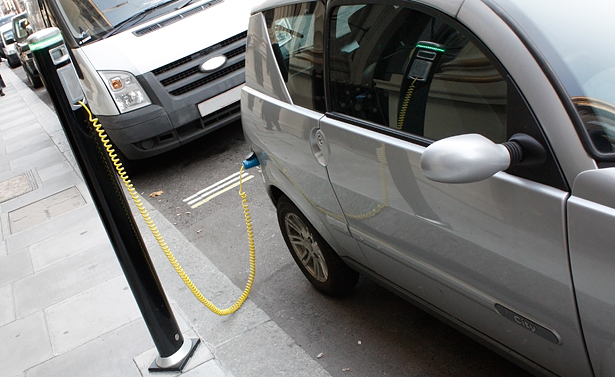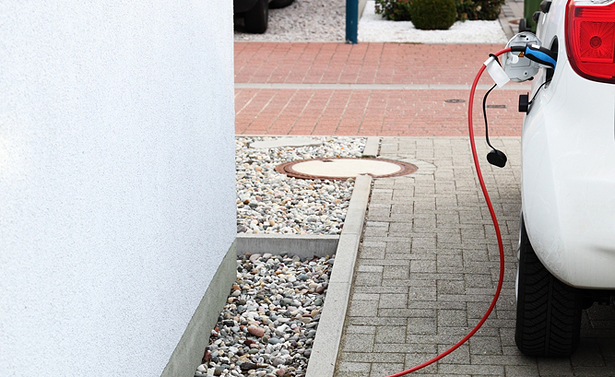For a long time, electric cars were considered to be an exotic species among the various means of transport and were dismissed as being too unsafe, too expensive and too awkward for drivers to handle. In the past, hardly anyone gave a thought to actually buying one. Times have certainly changed. Electric cars have now even made it on to the political agenda: the EU has called for a drastic reduction in the average CO2 emissions produced by new cars by 2020, while the German government wants to use road tax exemptions to compensate for the higher costs of purchasing an alternative drive vehicle.
More and more drivers also believe that such moves are badly needed, as any visit to the gas pump only serves to remind them. With fuel prices continuing to climb and the knowledge that our oil and gas resources are not infinite, many believe that cutting ties with our reliance on oil is long overdue. Vehicles with electric drive systems support this turnaround; they are more efficient than their combustion engine counterparts. This means that they can push for the necessary technology leap early on, instead of waiting until our oil has already run out. Then, there is the need to drastically reduce global CO2 emissions which is now a legal requirement due to the EU's provisions, one that is met by these emission-free vehicles driven solely by electrical power. Because electric cars take significant strain off our environment, especially if they use renewable energy, they already meet the main demands facing tomorrow's automotive industry.



